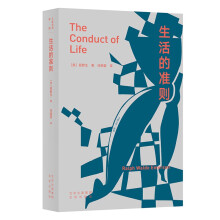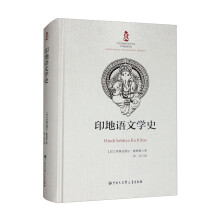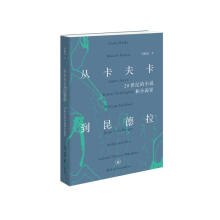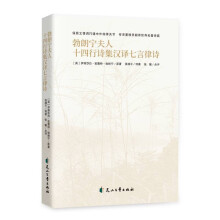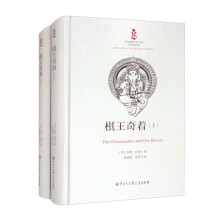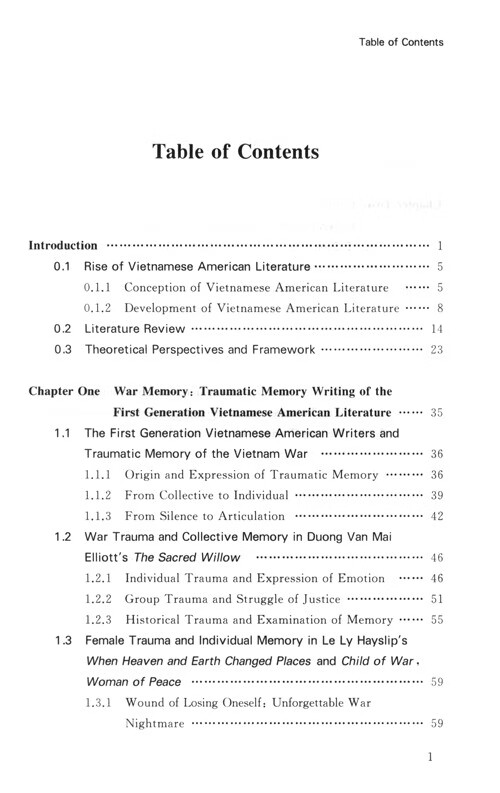The twentieth century witnessed many wars, which caused physical trauma to people and brought extreme persecution to their spirit world.When a person experiences a traumatic event, whether physical or psychological, his or her memory will be affected in various ways to form traumatic memory. As an important way to record human trauma, literature plays a critical role in maintaining traumatic memory. Many literary works are driven by pain, sadness, depression, and other emotions. The traumatic events the protagonists went through in novels are their personal experience and the collective experience of their contemporaries. On a more significant level, their experience is also related to the social environment at that time, so it has a more profound historical significance.The Vietnam War, as the most critical local war, causes many traumatic events and provides a lot of material for trauma novels. The first generation Vietnamese American literature mostly focuses on traumatic memory, both on the physical and mental trauma of the Vietnamese people caused by the war, which is particularly obvious in the memoirs and autobiographical novels, especially for the female refugees who suffered fromthe dual oppression of colonial rule and patriarchal rule at the bottom of Vietnamese society. The writing characteristics of traumatic memory in the first generation Vietnamese literature are mainly related to the growth environment of the first generation writers. They had grown up when they left Vietnam and witnessed the cruelty of the Vietnam War. As a result,traumatic memories are deeply embedded in their minds.To conclude,traumatic memory tends to concentrate on individual psychological trauma; in contrast, the concept of collective memory put forward by Halbwachs in the 1930s emphasizes the social framework and upgrades memory from individual psychology to social psychology. With the transformation of traumatic memory from individual psychology to social psychology,trauma theory has evolved into multidisciplinary research, including history studies, sociology studies, cultural studies, etc. The appearance of cultural trauma theory is the primary embodiment of trauma research at this stage. With the increase and development of the 1,5 generation writers,Vietnamese American literature turns more attention to cultural trauma based on the traumatic writing of the Vietnam War itself recorded by the first generation.
Cultural trauma is usually related to traumatic events, so it is also associated with personal trauma and collective trauma. In the in-depth discussion of the difference between psychological trauma and cultural trauma, we can find that the essence of cultural trauma is that it is not innate. Neil Smelser defines a cultural trauma as "an invasive and overwhelming event that is believed to undermine or overwhelm one or several essential ingredients of a culture or the culture as a whole" (38). According to American sociologist Jeffrey C. Alexander, when individuals and groups experience terrible events that left indelible traces on their group consciousness and become permanent memories and eventually change their future fundamentally, cultural trauma occurs (85). What Alexander argues indicates the inevitable relationship between cultural trauma and memory. As a matter of fact, traumatic memory is a unique form of cultural memory, which participates in memory construction of the past through oral tales, writing, photography, and other ways.Isabelle Thuy Pelaud claims that in memoirs and autobiographical novels,the Vietnam War's memory plays an undeniable key role in forming the identity of the 1.5 generation Vietnamese Americans.
展开

